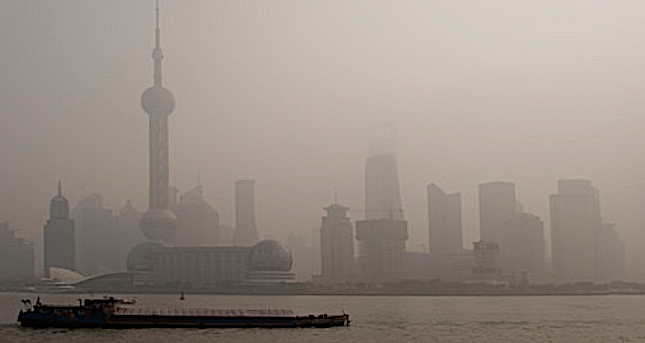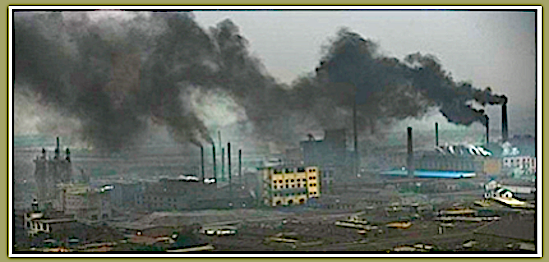Home / Air pollution in China
Air pollution caused more than 1.2 million
premature deaths in China in just one year

.
China’s air pollution levels have reached dire levels, even breaking the upper limits of the Air Quality Index earlier this year. In a sign the government is serious about tackling this crisis.
The China Daily announced Thursday that China will spend $275 billion over the next five years to reduce emissions and launch anti-pollution programs.
The funds, which exceed the total economic output of Hong Kong last year, will target emissions in the densely populated area surrounding Beijing, where residents have suffered through off-the-charts pollution and all its accompanying illnesses.
Air pollution caused more than 1.2 million premature deaths in China in just one year, while some Beijing schools are building air-purified domes over playgrounds so children can play “outside” safely. Anti-pollution protests have grown more and more prevalent all over the country.
These unsustainable conditions are directly linked to China’s rapid industrialization. Most of Beijing’s pollution stems from factories and power plants outside the city. China’s coal production has tripled in the past ten years as the nation’s energy consumption has exploded. The Chinese government, up till this year, has aggressively encouraged economic growth at the expense of the environment and public health.
But now that the environmental repercussions cannot be ignored, the government has done a hard about-face. New promised anti-pollution measures include speedy installation of pollution control equipment on coal-fuelled refineries, restrictions on high energy consumption industries like steel, cement and glass, and use legal action to force industries to upgrade their emissions standards.
Before Thursday’s announcement, China had already pledged $16 billion to specifically help Beijing build and update sewage and garbage treatment, plant new forests and curb illegal construction. The nation also invested twice as much as the U.S. in clean energy projects last year.





![]()





